The SUNERGY Initiative
SUNERGY is an open community advocating for solar fuels and chemicals as the new paradigm for a climate-neutral Europe in 2050. The community consists of a wide-range group of experts from industry, academia and society. SUNERGY aims at becoming a large European Research and Innovation initiative working towards the conversion and storage of renewable energy into fossil-free fuels and chemicals.
The challenge
The European Union is clear to stay on a steady path to climate neutrality through its plan against greenhouse emissions, the ‘Fit for 55’ package, with the EU Green Deal as a blueprint. Unless deep cuts are made in carbon dioxide (CO2) and other greenhouse gas emissions, it will be very challenging to reach that goal. Renewable energy based on photovoltaics and wind energy needs to be supplemented with energy carriers to supply fuels to sectors and processes difficult to electrify and to create non-fossil carbon feedstock for the chemical industry. These so-called solar fuels and chemicals are most often analogous to their fossil counterparts and can be incorporated into the existing energy value chains with minimal adjustments to the existing infrastructure. These fuels are based on the transformation of abundant compounds, such as carbon dioxide, water and nitrogen, into synthetic fuels, chemicals and materials by using renewable energy.
The solution
By using energy from renewable sources (sunlight, wind) and abundant molecules (CO2, water, nitrogen), we can produce fuels and chemicals that can contribute to stopping global warming:
– Storage of renewable energy as fuels
– Production of fossil-free base chemicals for industry and agriculture
– Technologies with a negative CO2 footprint
Our Approach
Started under Horizon 2020, SUNRISE and ENERGY-X joined forces under the name SUNERGY. SUNERGY’s goal is to develop a large-scale research and innovation initiative, as a public-private partnership or another instrument.
There is an urge to complement the scope of existing European partnerships and initiatives and enable the full decoupling of economic growth from the utilization of resources at the local, regional, national and European levels for a sustainable resilient growing economy that leaves no one behind.
While current public-private partnerships focus on improvements on the demand side with limited impact, SUNERGY proposes a pipeline of high impact technologies that boost efficiency on the supply side with light-to-products and fuel conversion from atmospheric CO2 at high yields up to 2500 ton/ha.yr
Thanks to SUNER-C project, entitled “SUNERGY Community and Eco-System for Accelerating the Development of Solar Fuels and Chemicals” (EU-funded CSA), supporters joining the community, will be able to more easily connect to and collaborate with colleagues from around Europe, join interesting events, and contribute to a joint roadmap and supporting strategies.
Governance Structure
SUNER-C is the Coordination and Support Action (CSA) powered by SUNERGY Community and funded by the EU programme Horizon Europe (Grant Agreement nr. 101058481). SUNER-C is the tool employed by SUNERGY Community to develop and expand the innovation ecosystem for solar fuels and chemicals, uniting science, business, societal and other relevant stakeholders. Therefore, SUNERGY Boards have been adapted for the well functioning of the SUNER-C EU-funded CSA. The Governance Structure includes different Boards to ensure the proper running of the CSA, the continuity of the SUNERGY Community, and the delivery of outcomes to the EU bodies.
European Commission

EU Member States and Associated Countries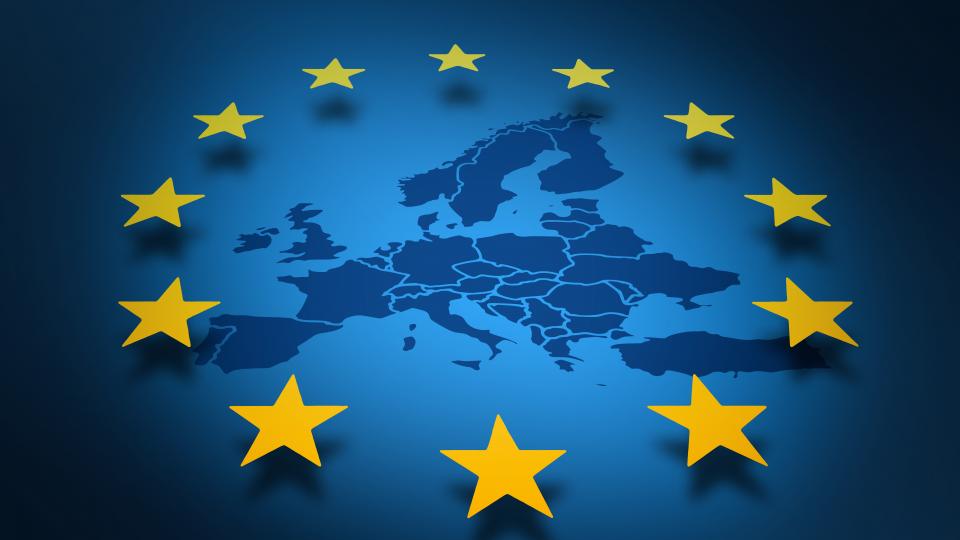

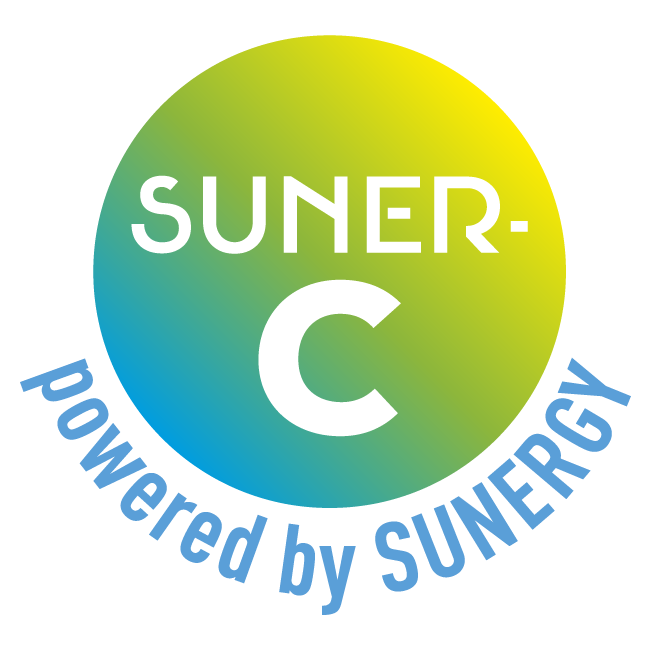
SUNER-C International Advisory Board (IAB)
SUNER-C Executive Board (EB): Project Coordinators & Work Package (co)-leaders
SUNER-C General Assembly (GA): Consortium members

SUNERGY Community:
supporters of stakeholders from academia, industry, network organisations, governments, and civil society
Governance Structure
SUNER-C is the Coordination and Support Action (CSA) powered by SUNERGY Community and funded by the EU programme Horizon Europe (Grant Agreement nr. 101058481). SUNER-C is the tool employed by SUNERGY Community to develop and expand the innovation ecosystem for solar fuels and chemicals, uniting science, business, societal and other relevant stakeholders. Different Boards to ensure the proper functioning of the CSA, the continuity of the SUNERGY Community, and the delivery of outcomes to the EU bodies.
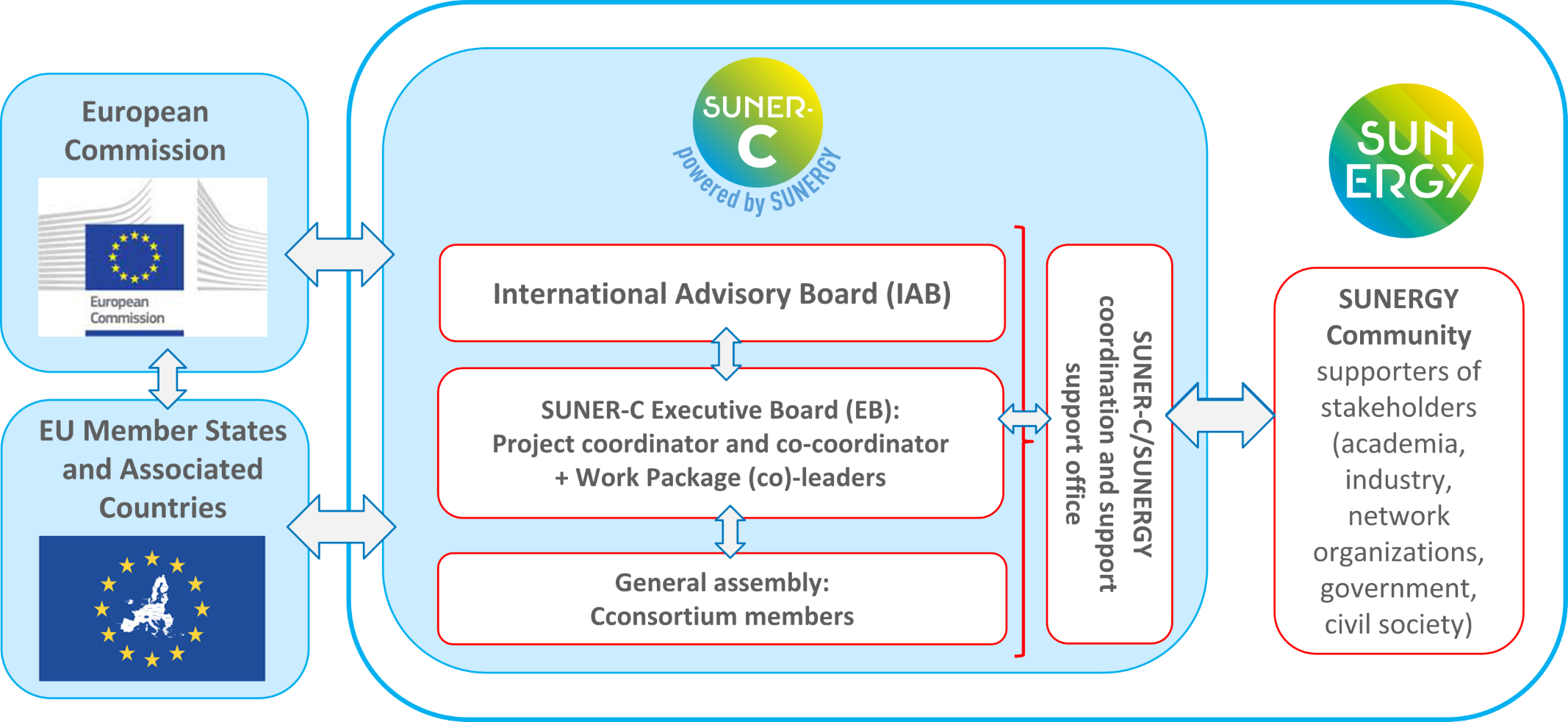
SUNER-C International Advisory Board
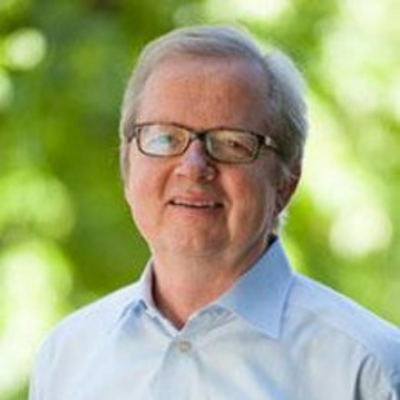
Prof. Jens Nørskov
Professor at the Danish Technical University (DTU)
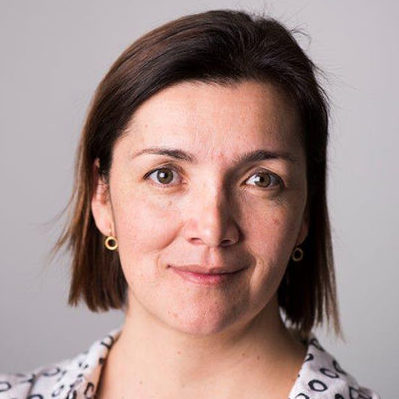
Prof. Andrea Ramirez Ramirez
Prof. of Low Carbon Systems and Technologies at ESS and director of the Graduate School of TPM (TU Delft)
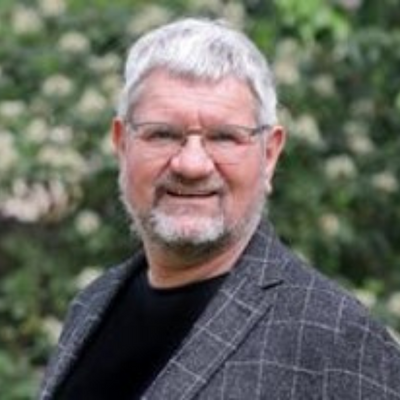
Prof. Robert Schlögl
Director of the Max Planck Institute for Chemical Energy Conversion
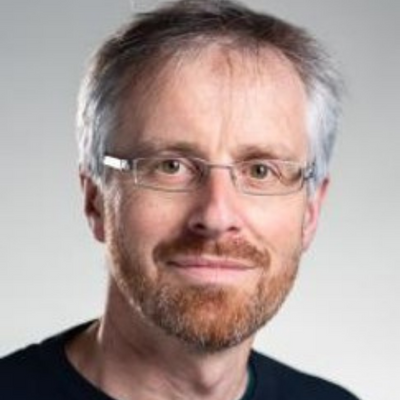
Dr. Martin Roeb
Scientist at the German Aerospace Center (DLR)
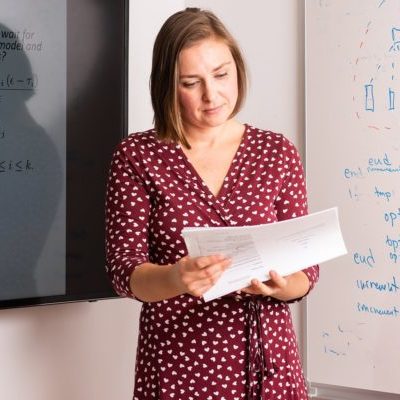
Prof. Ivona Brandic
Prof. for High Performance Computing Systems at the Institute of Information Systems Engineering (TU Wien)
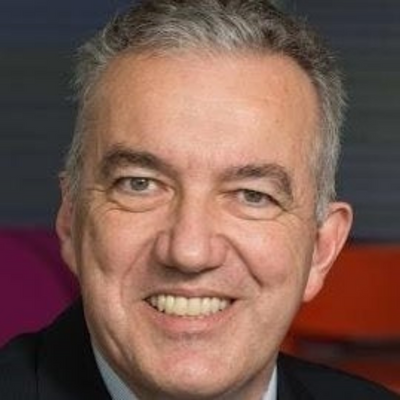
Dr. Philippe Jacques
Managing Director of Energy Materials Industrial Research Initiative (EMIRI)
‘
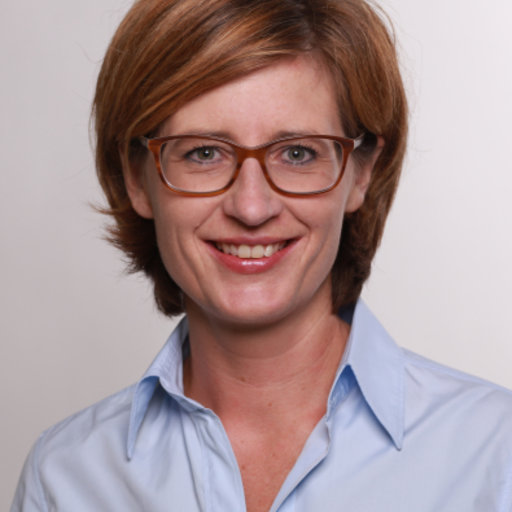
Prof. Katrin Arning
Assistant Professor for Risk Perception and Communication, RWTH Aachen University
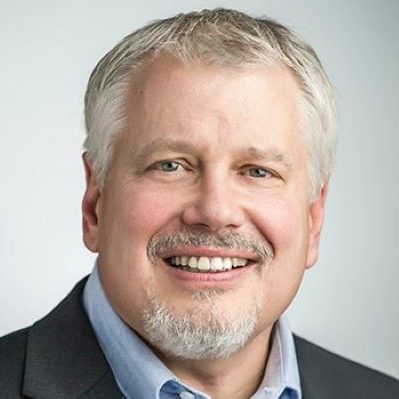
Dr. William Tumas
Associate Lab Director-Materials/Chem Science & Technology (NREL)
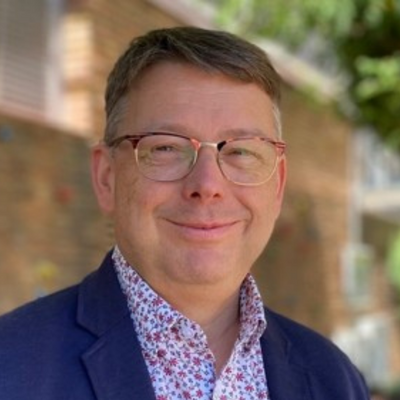
Prof. Fabrice Lemoine
Coordinator "Energies pour le futur" Lorraine University
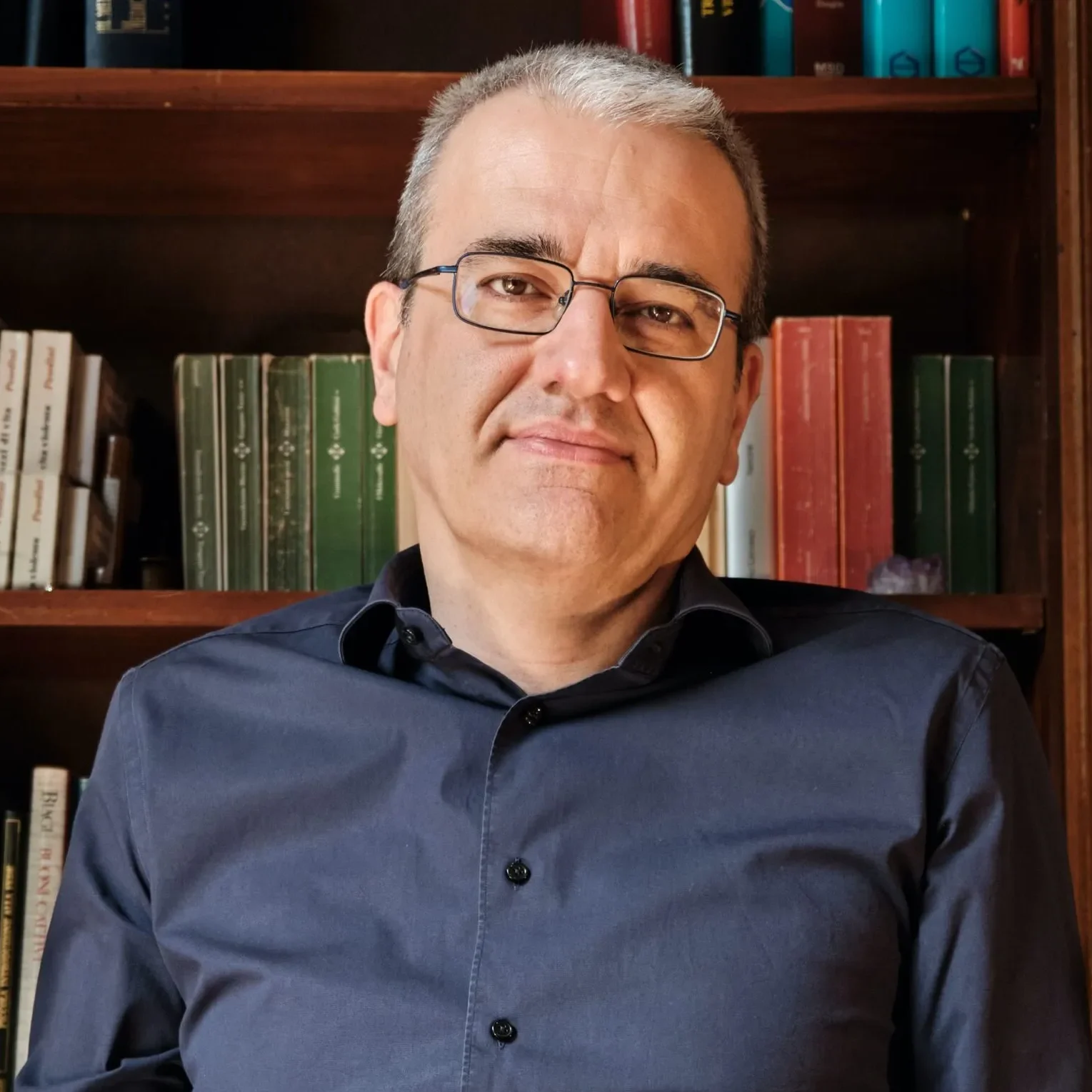
Dr. Nicola Armaroli
Research Director Institute for Organic Synthesis and Photoreactivity (ISOF) - CNR, Bologna
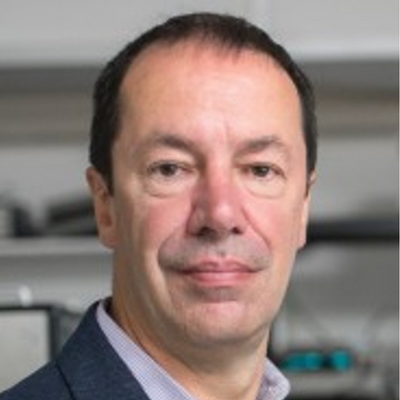
Prof. James Durrant
Professor at Imperial College of London
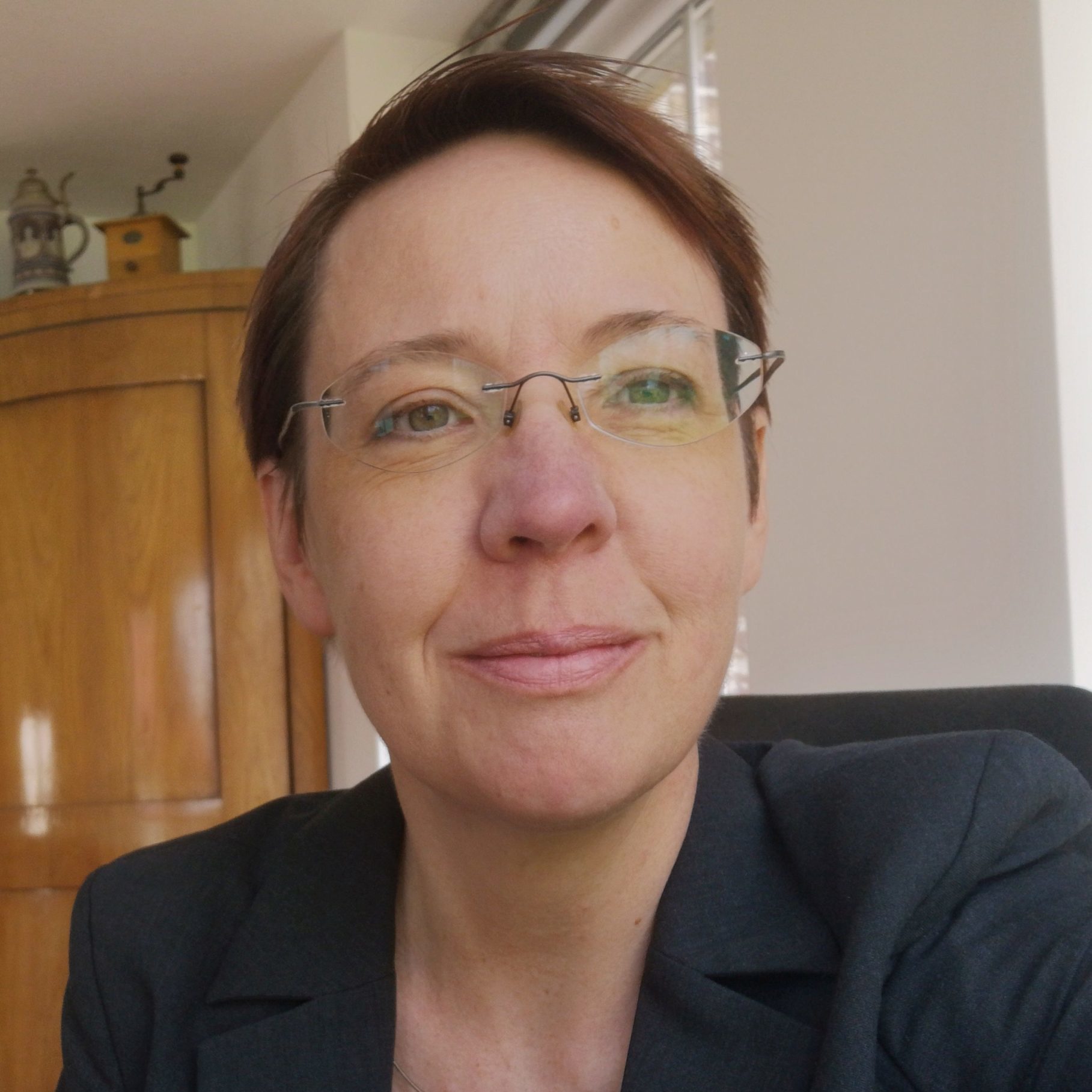
Dr. Vera Grimm
Resources, Circular Economy, Geosciences – Federal Ministry of Education and Research (BMBF)
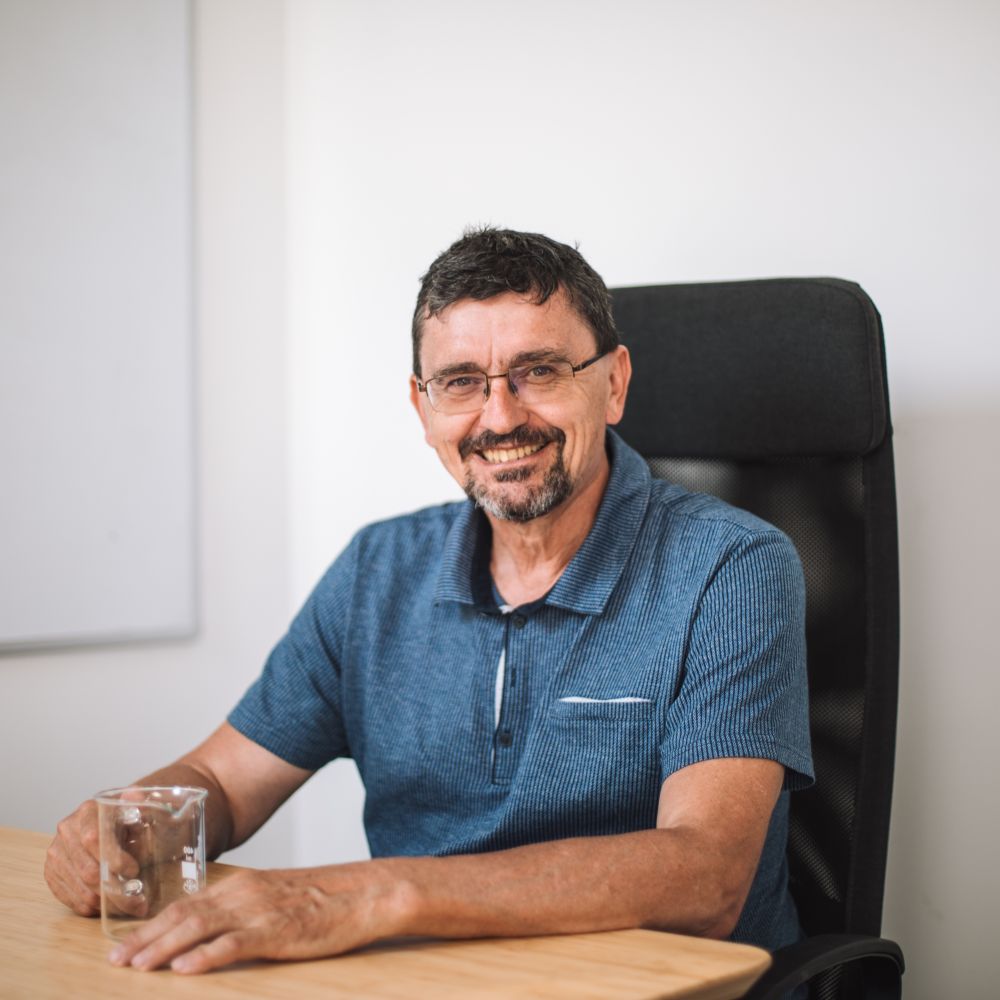
Dr. Ivan Souček
Director of Association of Chemical Industry of the Czech Republic
SUNER-C Executive Board
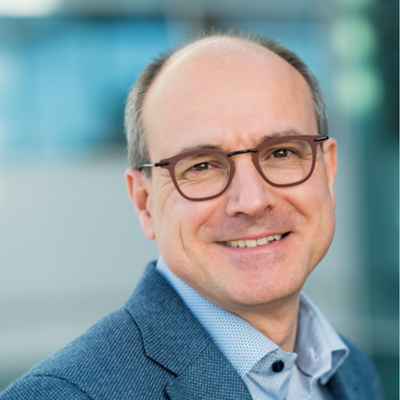
Prof. Bert Weckhuysen
Professor at Utrecht University (UU)
SUNER-C Coordinator
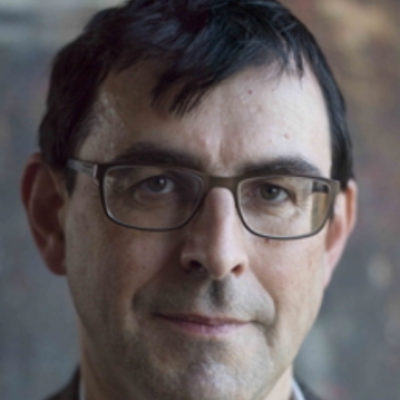
Dr. Frédéric Chandezon
European policy officer on large renewable energy programmes at IRIG institute (CEA)
SUNER-C Deputy coordinator and WP7 leader
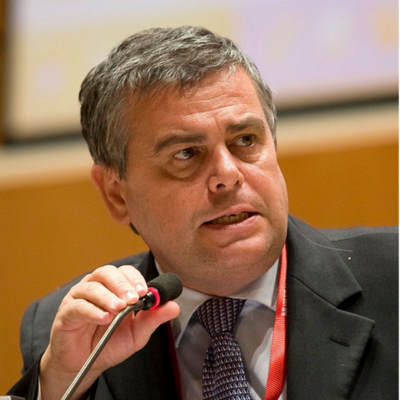
Prof. Gabriele Centi
Profesor at University of Messina and President of the European Research Institute of Catalysis (ERIC)
SUNER-C WP2 leader
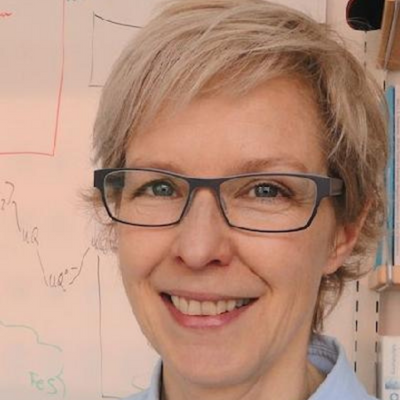
Prof. Ann Magnuson
Professor at Uppsala University (UppU)
SUNER-C WP1 (co)leader
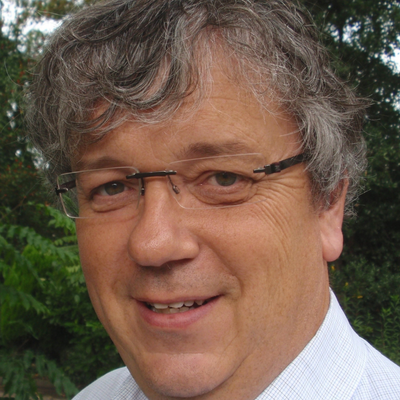
Prof. Huub de Groot
Professor at University of Leiden (LU)
SUNER-C WP1 leader
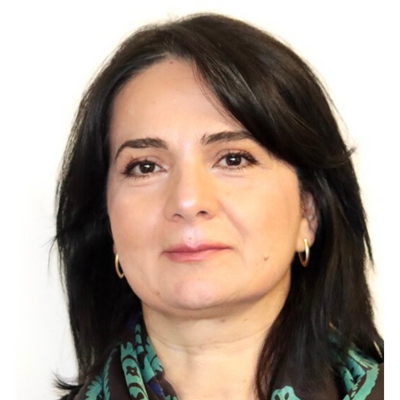
Prof. Yagut Allahverdiyeva-Rinne
Professor at Turku University (UT)
SUNER-C WP2 (co)leader

Dr. Han Huynh
CCUS Domain Manager at ENGIE
SUNER-C WP3 (co)leader
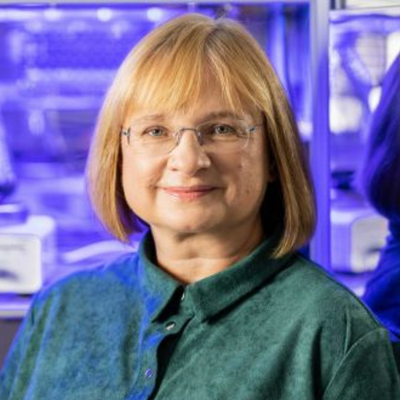
Prof. Joanna Kargul
Professor at Warsaw University (WU)
SUNER-C WP3 leader
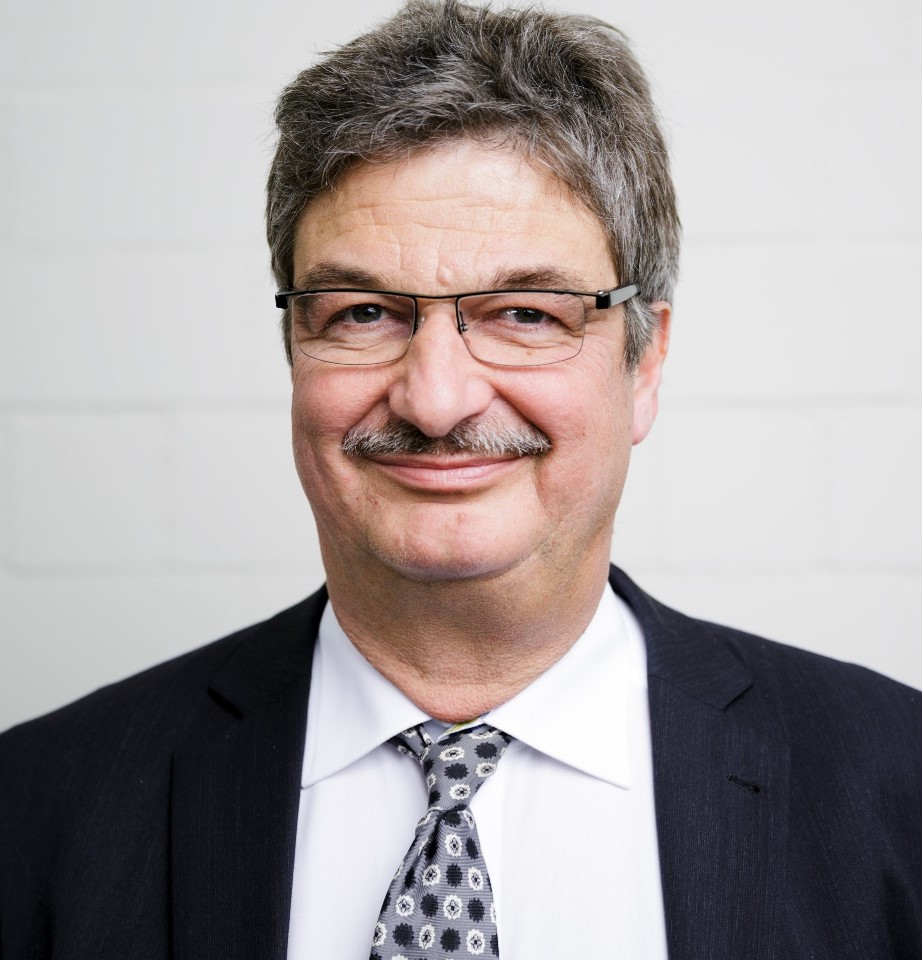
Prof. Max Fleischer
Chief Key Expert at Siemens
SUNER-C WP4 leader
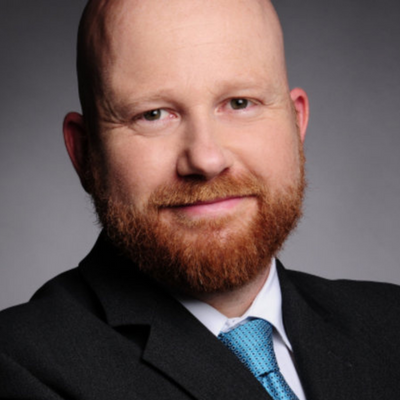
Dr. Arne Roth
Fraunhofer Institute for Interfacial Engineering and Biotechnology IGB
SUNER-C WP4 (co)leader
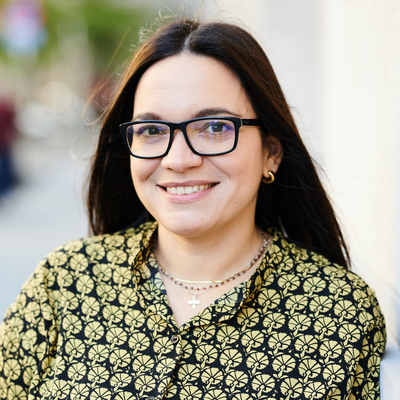
Lili Chatzikonstantinou
Communication & Event Manager at CO2 Value Europe
SUNER-C WP5 leader
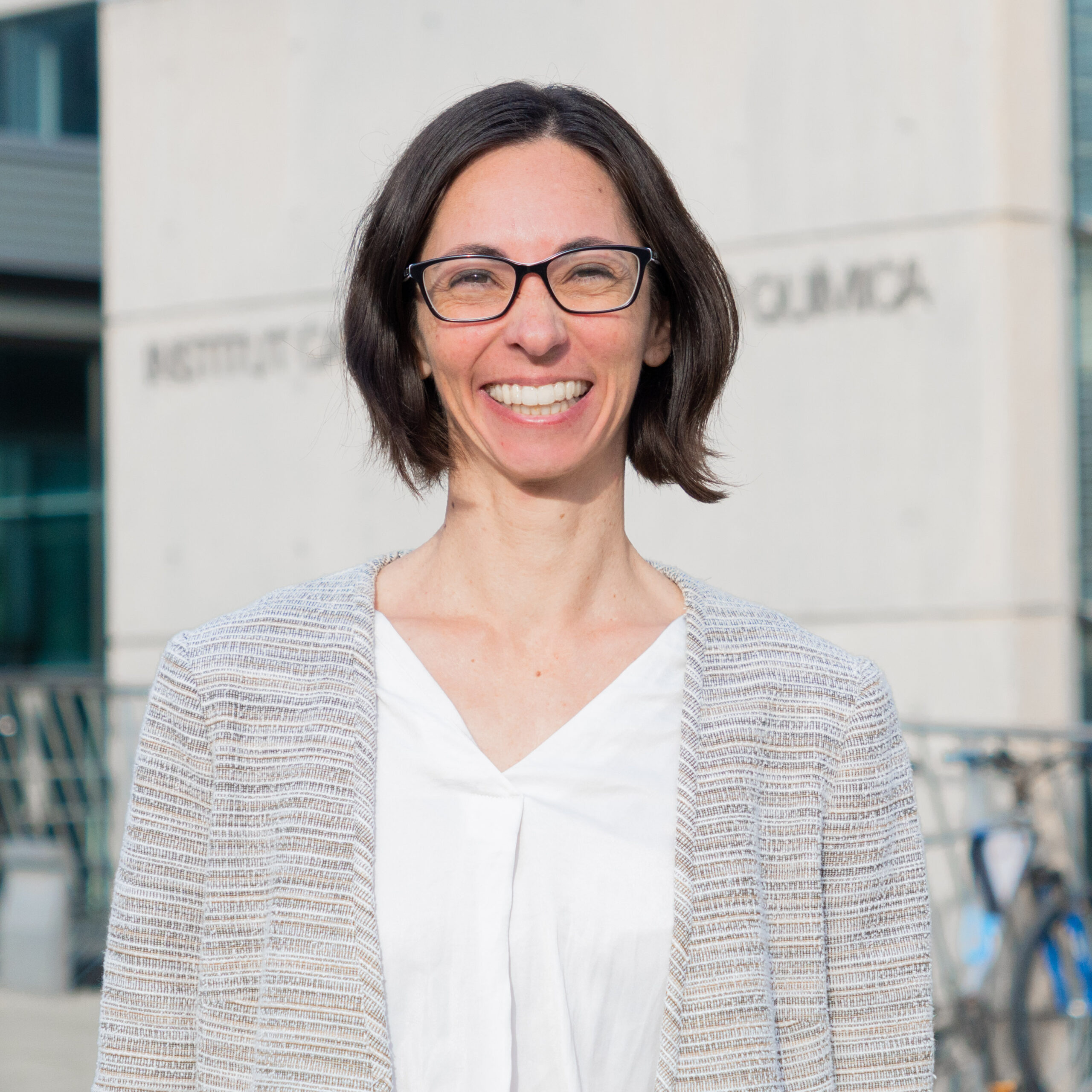
Dr. Laura López
Project Manager at Institute of Chemical Research of Catalonia (ICIQ)
SUNER-C WP5 (co)lead
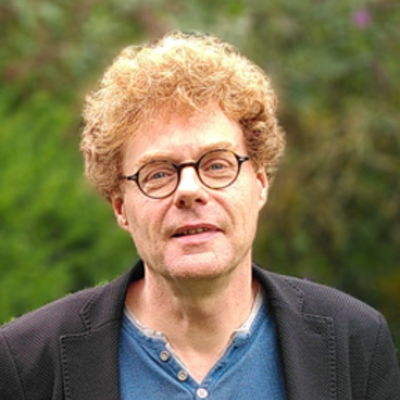
Prof. Erik Paredis
Professor at Ghent University (GU)
SUNER-C WP6 leader
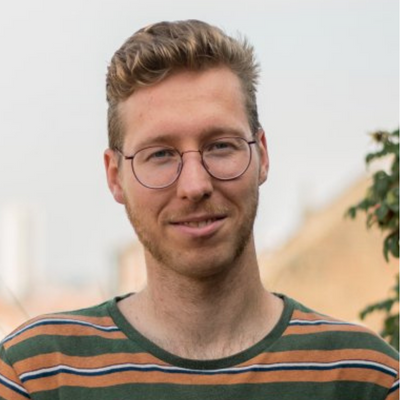
Tycho Van Hauwert
Policy Advisor Industrial Transition at BBL
SUNER-C WP6 (co)leader
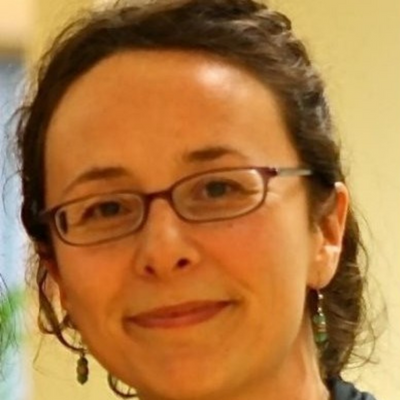
Elena Guarneri
Policy Officer
SUNER-C WP7 (co)lead
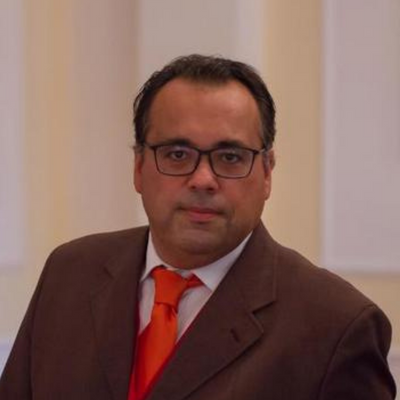
Prof. Massimo Villari
Professor at University of Messina and IT Scientific Responsible at Alma Digit S.R.L.
SUNER-C WP8 (co)leader
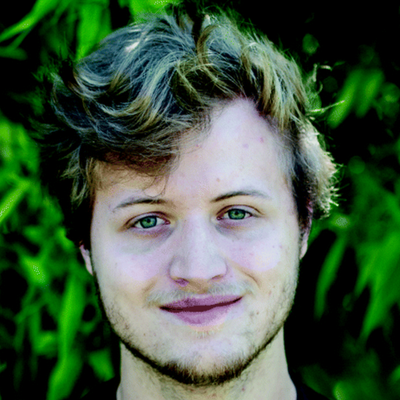
Dr. Nathan Coutard
SUNER-C Project Manager at University of Utrecht (UU)
SUNER-C WP8 leader
SUNER-C Coordination Team

Prof. Bert Weckhuysen
Professor at Utrecht University (UU)
SUNER-C Coordinator

Dr. Frédéric Chandezon
European policy officer on large renewable energy programmes at IRIG institute (CEA)
SUNER-C Deputy coordinator and WP7 leader

Elena Guarneri
Policy Officer
SUNER-C WP7 (co)lead

Dr. Nathan Coutard
SUNER-C Project Manager at University of Utrecht (UU)
SUNER-C WP8 leader

Lili Chatzikonstantinou
Communication & Event Manager at CO2 Value Europe
SUNER-C WP5 leader

Dr. Laura López
Project Manager at Institute of Chemical Research of Catalonia (ICIQ)
SUNER-C WP5 (co)lead
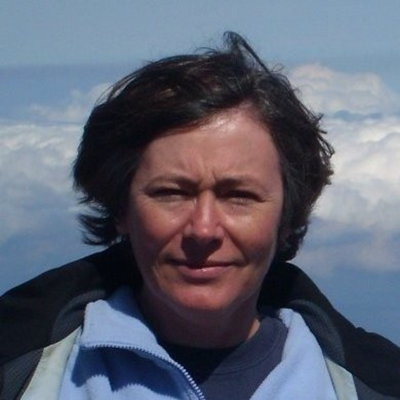
Dr. Nathalie Herlin
Research Scientist at CEA
SUNER-C Coordination Team
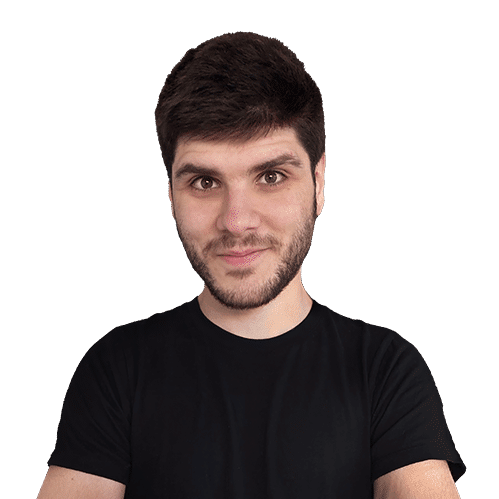
Arnau Jordà Queral
Project Communication Officer at Institute of Chemical Research of Catalonia (ICIQ)
SUNER-C Communication Officer
